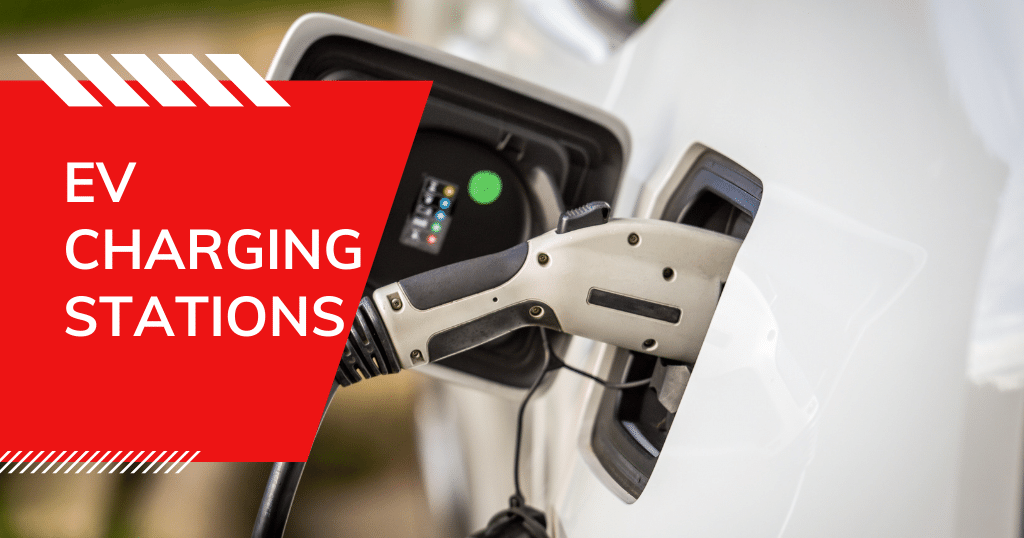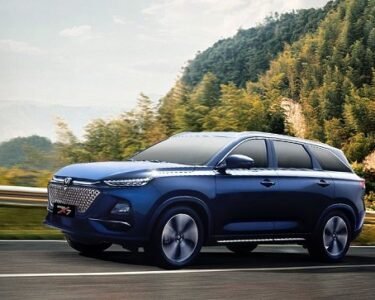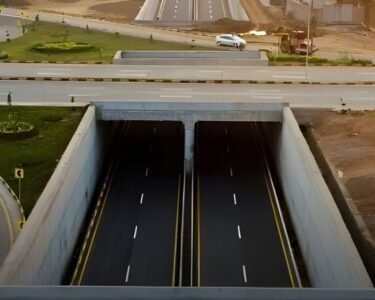In a major step toward sustainable mobility, Pakistan has significantly reduced electricity tariffs for Electric Vehicle (EV) charging stations, making EV adoption more feasible and cost-effective. The National Electric Power Regulatory Authority (NEPRA) has approved a sharp cut in the base electricity rate—from Rs 45.55 per unit to Rs 23.57 per unit, a reduction of Rs 21.98 per unit.
This groundbreaking decision is aimed at promoting electric mobility, reducing reliance on imported fossil fuels, and curbing environmental pollution from conventional vehicles. In addition to the tariff reduction, NEPRA has also deregulated the previously fixed capped margin of Rs 24.44. With this margin removed, pricing for EV charging will now be determined by market dynamics, fostering healthy competition and innovation in the energy and transportation sectors.
The proposal for the revised tariff was submitted by the federal government as part of its broader green energy transition plan. Law Minister Azam Nazeer Tarar, speaking in the Senate, reiterated the government’s commitment to expanding electric mobility and cleaner energy infrastructure. He revealed that 30 electric buses have been imported from China and are currently parked at Jinnah Convention Center in Islamabad. These buses will be supported by modern, high-capacity EV charging systems, marking the start of a greener public transport initiative.
A soft launch has already taken place, signaling a shift toward eco-friendly urban transport. In tandem, the government also announced plans to open NADRA centers in every Union Council within the next 2.5 years, reflecting a broader agenda for improved public services.
Experts believe that affordable EV charging will encourage more people to switch to electric vehicles, offering long-term benefits to the environment, economy, and urban infrastructure. This bold pricing reform sets the stage for a smarter, cleaner transportation future in Pakistan.






